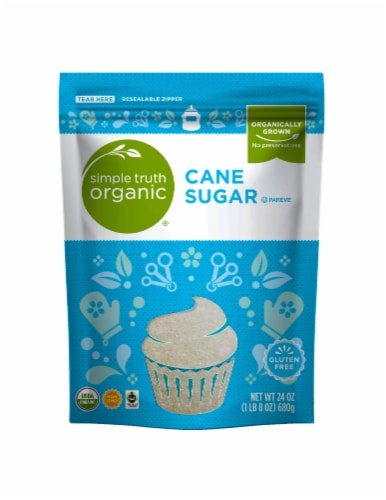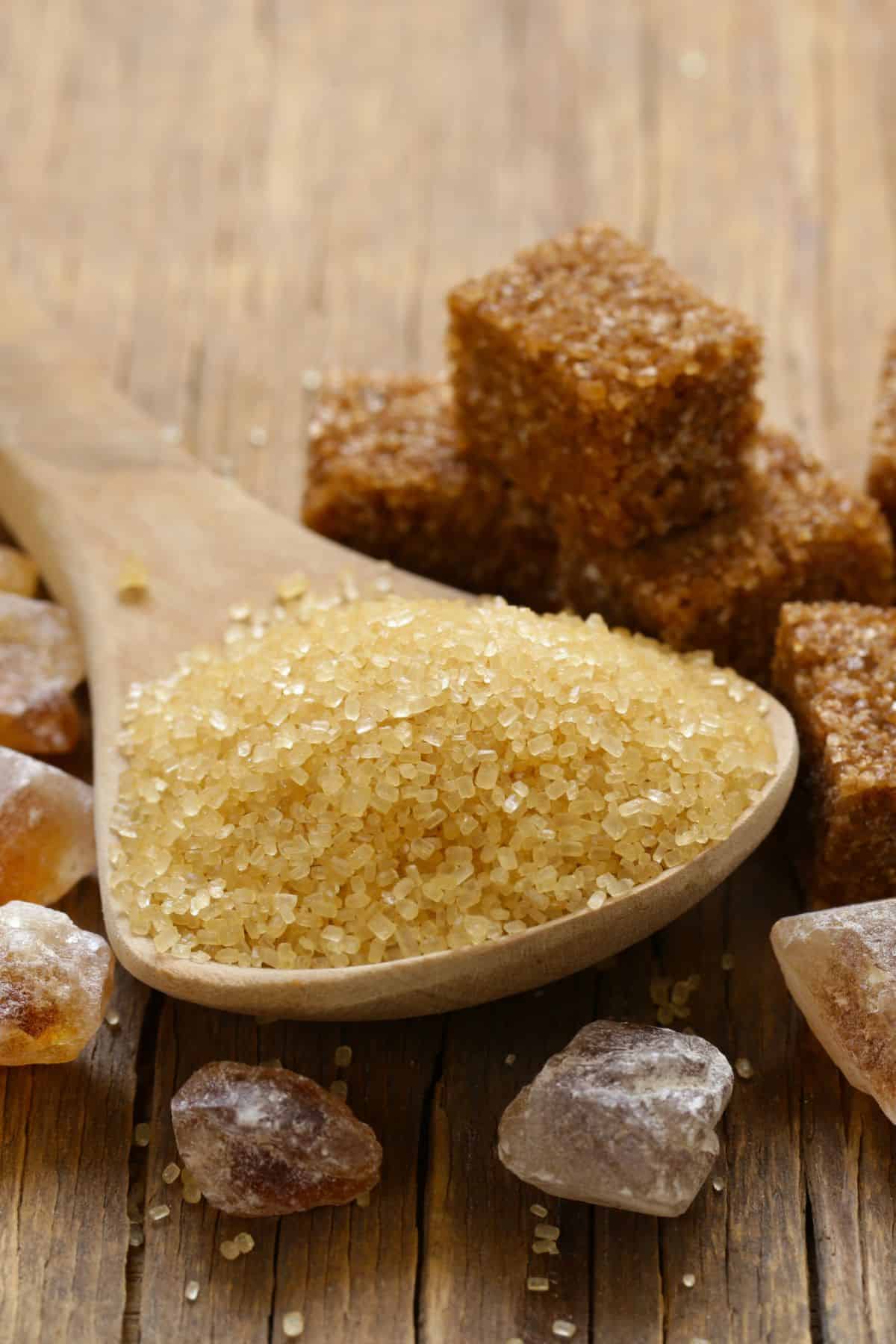Reliable Cane Sugar Processing: Making The Most Of Yield and Purity
Reliable Cane Sugar Processing: Making The Most Of Yield and Purity
Blog Article
A Comprehensive Summary of the Health and Economic Effects of Cane Sugar Processing on Neighborhood Areas
Walking stick sugar handling plays a pivotal role in forming the economic landscape of neighborhood communities, providing job opportunity and promoting supplementary sectors. Nonetheless, the health and wellness implications related to high sugar consumption can not be forgotten, as they add to climbing rates of excessive weight and diabetes. This nuanced dynamic invites a crucial assessment of just how communities can maximize economic gains while attending to the pushing wellness difficulties they face. The expedition of lasting techniques and academic initiatives may simply hold the secret to reconciling these clashing rate of interests. What strategies might areas execute to accomplish this balance?
Economic Advantages of Cane Sugar Processing
Walking cane sugar processing uses significant financial benefits that prolong past the prompt agricultural market. The farming and processing of sugarcane develop countless work possibilities, from farming to manufacturing and distribution. This employment generation not only sustains regional economic climates but also cultivates area advancement by offering stable earnings sources for households.
Furthermore, the sugar market promotes secondary services, consisting of transport, devices supply, and packaging services (Cane Sugar Processing). As these sectors expand, they add to a more robust financial structure, enhancing general community durability. The export potential of processed walking stick sugar further magnifies financial advantages, positioning areas as competitive gamers in global markets
Financial investment in modern processing facilities can cause raised productivity and efficiency, therefore minimizing waste and optimizing resource use. This shift not just profits the neighborhood economic climate yet additionally supports sustainability efforts by minimizing ecological influences.
Additionally, the revenue created from walking cane sugar processing can be reinvested in local infrastructure, education, and health care, promoting holistic area growth. Overall, the economic benefits of cane sugar handling are multifaceted, offering a foundation for enduring prosperity in agricultural regions.
Health Dangers Linked With Sugar Intake
Too much sugar usage poses considerable health dangers that require serious attention. High intake of included sugars, particularly from refined foods and beverages, has actually been linked to numerous wellness problems. Among one of the most pressing worries is excessive weight, as sweet diet regimens add to an enhanced caloric intake without providing crucial nutrients. This unwanted can cause metabolic conditions, consisting of kind 2 diabetes mellitus, which has actually come to be progressively common in both adults and kids - Cane Sugar Processing.
Additionally, high sugar intake is related to heart disease. Raised blood sugar levels can cause insulin resistance, a precursor to various heart-related problems. Furthermore, sugar can have damaging impacts on dental wellness, leading to cavities and periodontal condition, as germs in the mouth flourish on sugar, generating acids that erode tooth enamel.
Furthermore, arising research suggests a prospective link between high sugar usage and psychological health and wellness conditions, such as clinical depression and anxiety. As communities come to grips with these health dangers, it comes to be important to advertise understanding and urge much healthier nutritional choices. Dealing with sugar usage is critical not only for private wellness but likewise for the general health of local neighborhoods, highlighting the requirement for thorough public health methods.
Ecological Effects of Sugar Manufacturing
Frequently overlooked in conversations regarding sugar's ramifications is the substantial ecological influence of sugar manufacturing. The cultivation of sugarcane typically requires substantial land use, causing logging, loss of biodiversity, and interruption of local environments. The conversion of woodlands and wetlands right into sugar ranches can lead to environment destruction, harmful countless varieties and altering environmental equilibrium.
In addition, sugar manufacturing is resource-intensive, consuming substantial amounts of water for irrigation. This can cause exhaustion of neighborhood water sources, adversely influencing both farming practices and community accessibility to tidy water. Furthermore, using chemical plant foods and pesticides in sugarcane farming can contribute to dirt degradation and water contamination, as runoff from these chemicals gets in close-by rivers and lakes, impacting water life and human wellness.
The environmental impact prolongs to the handling phase, where power usage and waste generation further exacerbate eco-friendly concerns. Air air pollution from shedding sugarcane areas, in addition to greenhouse gas emissions, add to environment click to read more modification. Thus, the environmental effects of sugar production warrant significant factor to consider, urging stakeholders best site to embrace even more sustainable techniques to alleviate these unfavorable impacts on local ecological communities and areas.
Task Production and Area Advancement
The environmental obstacles positioned by sugar manufacturing are often counteracted by its capacity for financial benefits, specifically in work development and community advancement. The walking cane sugar market works as a significant source of work in several rural locations, providing work across different skill levels, from farming labor to handling and distribution duties. This employment not just supports specific households yet likewise adds to the general economic vitality of regional neighborhoods.
Furthermore, the establishment of sugar processing facilities promotes ancillary businesses, such as transport solutions, tools supply, and maintenance carriers. As these businesses grow, they create added work and boost local economic situations. The earnings created from the sugar industry also results in boosted tax obligation earnings, which can be reinvested right into area services such as education, health care, and framework development.
Furthermore, the sugar industry usually takes part in community development initiatives, such as sustaining local institutions and wellness programs, thereby enhancing the quality of life for citizens. By fostering more info here strong neighborhood ties and promoting economic development, the walking stick sugar processing industry plays an essential role in uplifting local populations, making it a crucial part of lasting advancement methods in sugar-producing regions.
Balancing Health And Wellness and Economic Development
In navigating the complexities of walking stick sugar processing, a vital challenge depends on stabilizing health factors to consider with financial growth. The sugar sector considerably contributes to regional economic situations by producing work, stimulating associated fields, and boosting tax obligation incomes. Nevertheless, the health and wellness ramifications connected with extreme sugar intake can cause persistent illness such as excessive weight, diabetic issues, and cardiovascular problems, which can concern public health systems and decrease labor force efficiency.

Additionally, regulatory structures can play a crucial duty in directing market practices in the direction of more health-conscious and sustainable techniques. By fostering cooperation in between federal government bodies, health and wellness companies, and the sugar market, areas can navigate the duality of health and wellness and financial development, guaranteeing that the benefits of cane sugar processing are equitably shared while prioritizing public health.
Final Thought
In conclusion, the handling of walking stick sugar offers both substantial financial advantages and significant health and wellness threats for neighborhood neighborhoods. While it promotes task creation and stimulates regional development, the connected wellness worries, especially concerning weight problems and diabetes mellitus, require a cautious balancing act. By promoting liable intake and investing in community education and learning and lasting techniques, it is feasible to maximize economic advantages while decreasing negative health effects, thereby ensuring a much healthier future for regional populations.
In addition, sugar can have damaging impacts on oral wellness, resulting in dental caries and gum tissue illness, as microorganisms in the mouth flourish on sugar, creating acids that deteriorate tooth enamel.
Dealing with sugar usage is important not only for individual wellness yet also for the total wellness of local communities, highlighting the need for comprehensive public health and wellness strategies.
Regularly neglected in conversations about sugar's ramifications is the significant ecological impact of sugar production. The wellness effects connected with excessive sugar usage can lead to persistent illness such as excessive weight, diabetic issues, and cardio issues, which can problem public health and wellness systems and diminish workforce performance.

Report this page